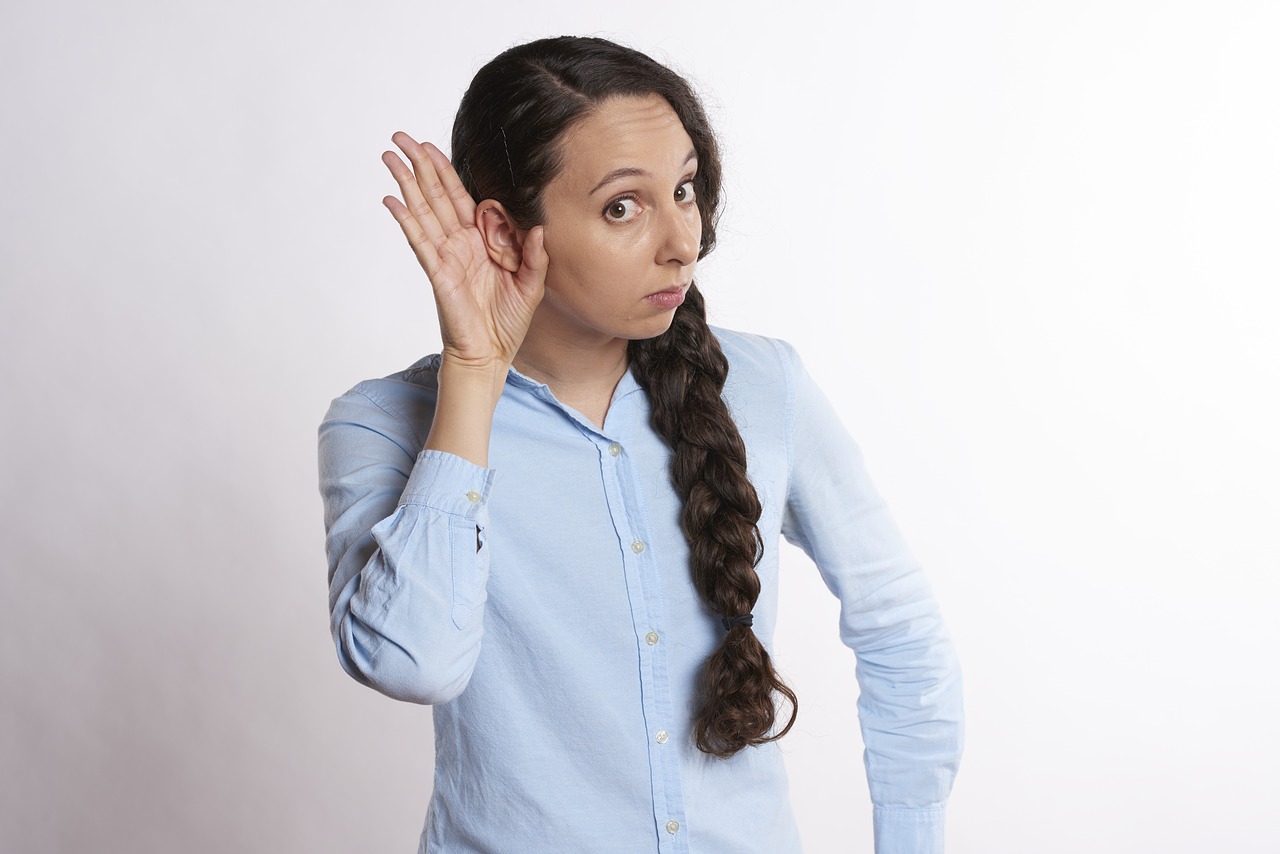The functioning of our ear is more or less well known. Almost everyone knows that our auditory system is made up of 3 sections: the outer part, the middle section and the inner ear.
In the outer part of the ear there are the auricle and the ear canal. This ends with the membrane which serves to protect and separate the middle section from the outer one. Cerumen self-produced by our body is stationed in the ear canal with the intent of protecting itself from any foreign bodies.
In the middle section there is the eardrum made up of the smallest bones of our body: the hammer, the anvil and the stirrup. The eardrum serves to transfer sound from the membrane into the ear by transforming it into vibrations.
Internally, the vestibule is responsible for balancing and transmitting the vibrations of sound to the nervous system which in turn passes it to the brain, making it understandable.
Main problem
What deteriorates hearing is undoubtedly noise. Many are unaware that lifestyle is among the causes of hearing loss or severe damage, as we will see shortly.
The noise, to be tolerable, must never exceed 70 decibels. Already from a constant 80 dB, which could be identified as the alarm sound at maximum volume, our hearing could deteriorate. Let alone situations with an even higher constant sound, such as those who work in noisy factories. If the right PPE (personal protective equipment) are not adopted, our hearing could suffer serious consequences over time.
In addition to noise, other common problems concern sudden changes in pressure. This can occur when you go up or down in an airplane, or if you practice underwater sports.
Many are unaware that lifestyle is one of the causes of severe hearing loss or impairment
Here we are, would we have ever thought that everyday attitudes could make us lose our hearing? It should be noted that the acoustic deterioration and the onset of problems of the ear canal is taking place above all among young people as announced by ANSA.
Among the main causes there is, in fact, a lifestyle, sometimes incorrect: too much noise, smoking, alcohol, poor and incorrect hygiene and use of some drugs.
The most common of the wrong attitudes is that of cleanliness. When done incorrectly it could do us serious damage. Avoid the sticks because, if inserted too deep, they could puncture the eardrum, damage the skin causing infections and push the dirt creating the so-called ear wax plug. For proper cleaning, it is better to use warm water to soften the earwax and a simple rolled handkerchief to remove the excess without pushing too hard.
Another reason, which you would never have thought of, is smoking. This causes vasoconstriction: by decreasing the blood flow, consequently, oxygenation is decreased, reducing the hearing capacity. In addition, smoking increases the production of phlegm which is one of the main causes of ear infections.
Besides smoking, alcohol can also lead to deafness. If consumed excessively it could seriously damage the hair cells of the inner ear, permanently compromising our hearing. Some medications can also cause deafness.
Last but not least, it concerns the attention that must be paid when using earphones and / or headphones. Avoiding keeping the volume at maximum for too long will also prevent the onset of ear canal problems.
